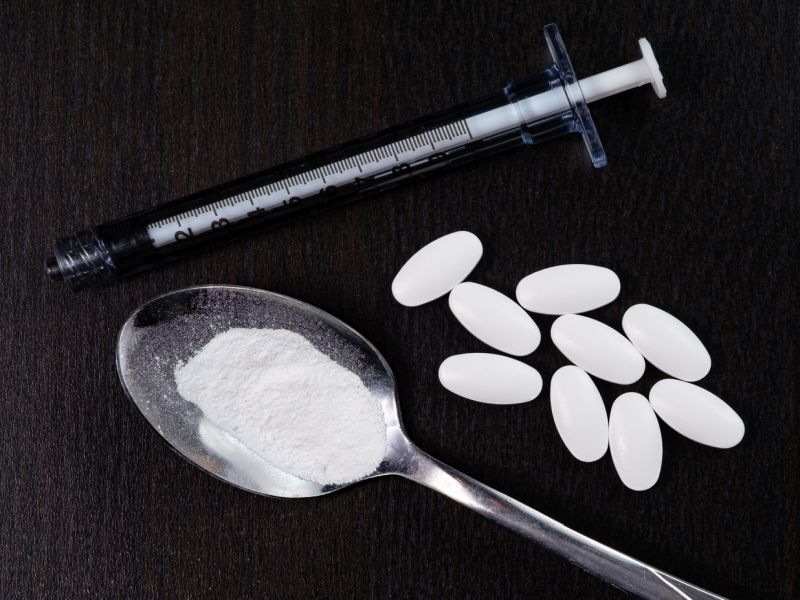IBCCES is the global leader in training and certification for healthcare professionals, educators and corporate partners who work with individuals with autism and other cognitive disorders. Our reach extends to more than 2 million people in all 50 states and over 70 countries around the globe. IBCCES Member Learning Community is provided as a free service to all IBCCES members who have completed one or more of our training and certification programs.
Opioid Withdrawal Raises Health Risks for Injection Drug Users: Study
 This post was originally published on this site
This post was originally published on this siteLatest Mental Health News

MONDAY, March 23, 2020 (HealthDay News) — Having opioid withdrawal symptoms increases the odds that injection drug users will share needles or have a non-fatal overdose, new research suggests.
For the study, the researchers questioned more than 800 injection drug users in San Francisco and Los Angeles. Eighty-five percent said they had had at least one withdrawal episode in the previous six months. More than one-third reported withdrawal symptoms — such as severe pain, abdominal cramps, diarrhea, nausea and vomiting, agitation and anxiety — weekly or more often.
Most said their withdrawal symptoms were very or extremely painful.
Any opioid withdrawal was associated with needle sharing and non-fatal overdose, the researchers found. People who said they had withdrawal symptoms weekly or more often were most likely to share needles or to overdose.
People who reported very severe pain from withdrawal also had a higher overdose risk, but the severity of pain was not associated with needle sharing, according to the report published online March 18 in the journal Drug and Alcohol Dependence.
“Withdrawal is one of the main chronic health challenges for this population, and we need to be intervening on it,” said lead author Ricky Bluthenthal. He’s associate dean for social justice at the University of Southern California’s Keck School of Medicine, in Los Angeles.
“I suspect if we’re successful at that, then a lot of other things that can improve health in this population will be more readily achieved,” Bluthenthal added in a university news release.
He noted that opioid withdrawal is a common public health issue that is rarely treated.
“Knowing that 85% or so of the people who are chronic opiate users are going to experience withdrawal at some point in the near future and that we have medication to treat it, we should make it available for that purpose,” he said.
The study authors recommended that the opioid withdrawal drug buprenorphine be made available to people at risk.
An average 130 people a day die in the United States from an opioid overdose, according to the U.S. Centers for Disease Control and Prevention.
Needle sharing increases a person’s risk of infections such as HIV and hepatitis, as well as other serious health problems, the CDC says.
— Robert Preidt

Copyright © 2020 HealthDay. All rights reserved.
SLIDESHOW
Addicted to Pills: The Health Risks of Drug Abuse See Slideshow
References
SOURCE: University of Southern California, news release, March 18, 2020
